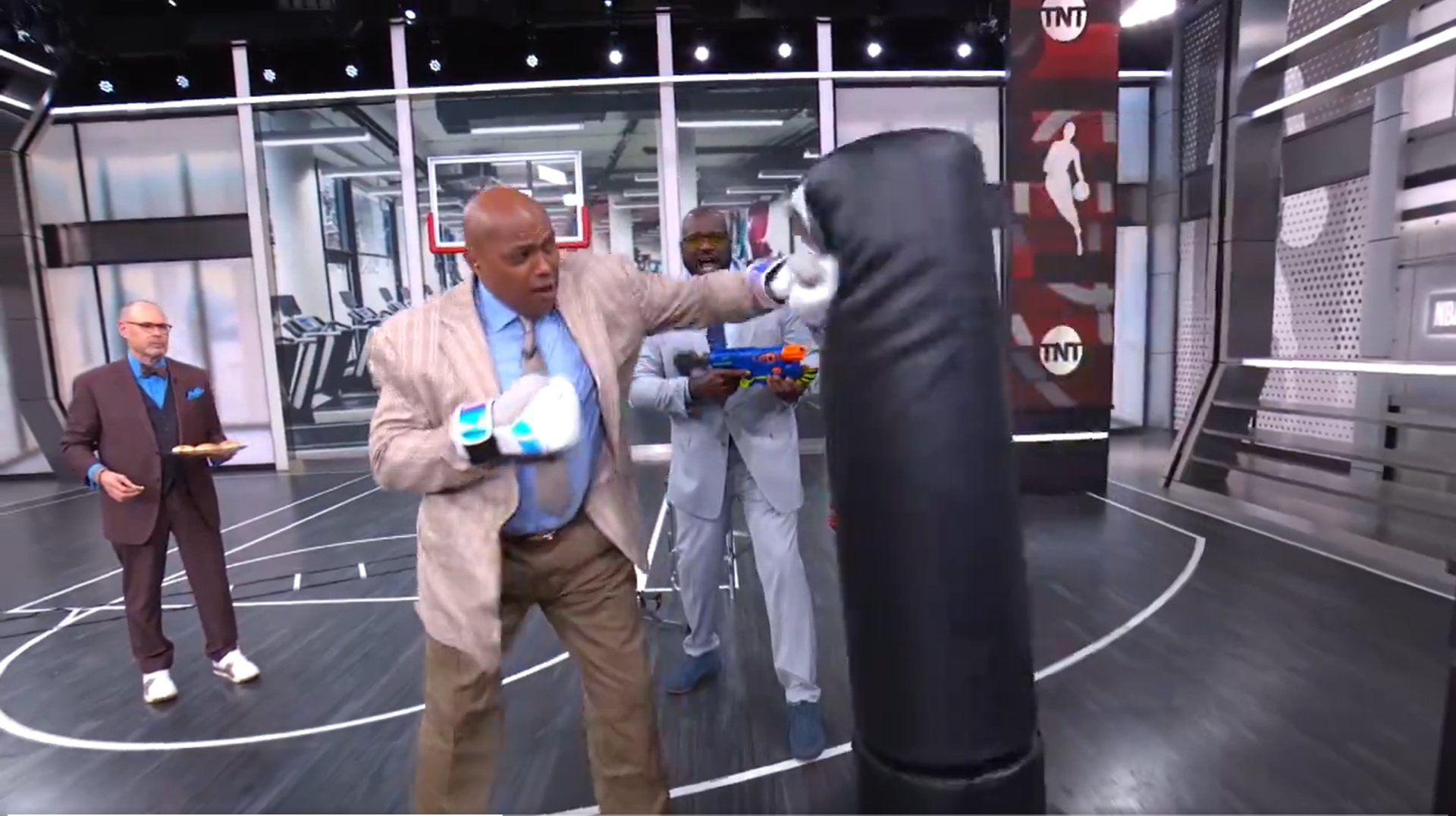During Thursday morning’s First Take, Dan Orlovsky inadvertently used a phrase to describe the Buffalo Bills that caused Stephen A. Smith to take a pause.
“Second straight game of having to play with some of those guys that are injured,” Orlovsky said of the Bills. “You’re starting to say ‘man, we got some chinks in the armor. We’re gonna have to fix this.’ We saw the emotion of last week. I love Buffalo.”
The questionable phrase has been used for centuries, with the word “chink” meaning a small crack or opening. But language does evolve and the word in question has since been used as a racial slur.
It’s important to note the context in which Orlovsky used the phrase. The former quarterback and current NFL analyst made the comment in reference to the Buffalo Bills. It was not aimed at an individual the way others who have been more justly condemned for the phrase did.
In 2012, ESPN fired the author of a headline that featured the same phrase in reference to then-New York Knicks point guard Jeremy Lin. The network simultaneously suspended anchor Max Bretos for using the same language when speaking about Lin. During the 2018 MLB Playoffs, TBS analyst Ron Darling used the phrase in reference to then New York Yankees pitcher Masahiro Tanaka. Darling later issued a statement apologizing for his choice of words.
Orlovsky, however, in no way used the phrase in the same vein as the above instances which required punishment and/or apologies. Still, when Orlovsky made the comment Thursday morning on First Take, it caused Stephen A. Smith to question its political correctness.
“Just from a politically correct standpoint, is it chinks or kinks in the armor?” Smith asked Orlovsky. “Which word is appropriate? Which one is it? Is it kinks? Kinks? Or chinks? I don’t know, I’m being very serious. We just want to make sure.”
All the while, Orlovsky was in the background repeating the word “kinks,” seemingly admitting his poor choice of words. First Take moderator Molly Qerim added, “I know what you’re trying to say. We avoid that one,” in reference to the phrase as a whole.
Because Orlovsky’s use of the phrase didn’t require an apology, the above conversation may have been better served if it occurred during the break. It’s obvious that there was no malicious intent from Orlovsky in this situation, but it’s still a phrase that should just be retired. The same point can easily be made using words that won’t be misconstrued as having any sort of slur.







